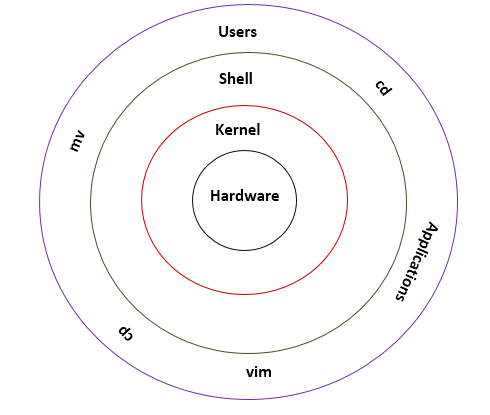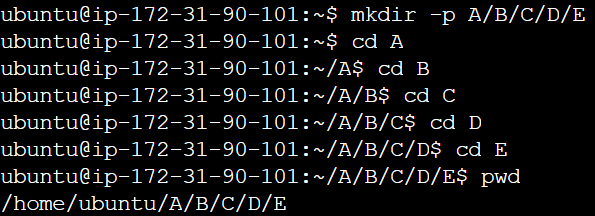Basic Linux Commands
 Prajwal Zalaki
Prajwal Zalaki
What is Linux?
Linux is a free and open-source operating system based on Unix-like operating systems. It was created in 1991 by Finnish computer science student Linus Torvalds, who was looking for a free alternative to the proprietary Unix operating system. Linux is now one of the most widely used operating systems in the world, powering everything from smartphones and personal computers to servers and supercomputers. One of the key features of Linux is its flexibility and customizability, which allows users to modify and adapt the system to suit their specific needs. Linux is also known for its stability, security, and reliability, which has made it a popular choice for businesses and organizations around the world.
Architecture of Linux

Kernel: The kernel is the core of the Linux operating system, responsible for managing system resources such as memory, input/output, and hardware devices.
Shell: The shell is the interface between the user and the kernel, providing a command-line interface for executing commands and accessing system resources.
What is the Linux command to
Check your present working directory
pwd command is used display the full path of your current working directory.

List all the files or directories including hidden files
ls -a command is used to display a list of all files and directories in the current directory, including hidden files and directories

Create a nested directory A/B/C/D/E
mkdir -p command is used to create an entire directory tree in one command.
mkdir -p A/B/C/D/E command will create the directory "A" in the current directory, and inside it, it will create the subdirectory "B", and so on until it creates the directory "E".

Thank you for reading!
Prajwal
Subscribe to my newsletter
Read articles from Prajwal Zalaki directly inside your inbox. Subscribe to the newsletter, and don't miss out.
Written by
